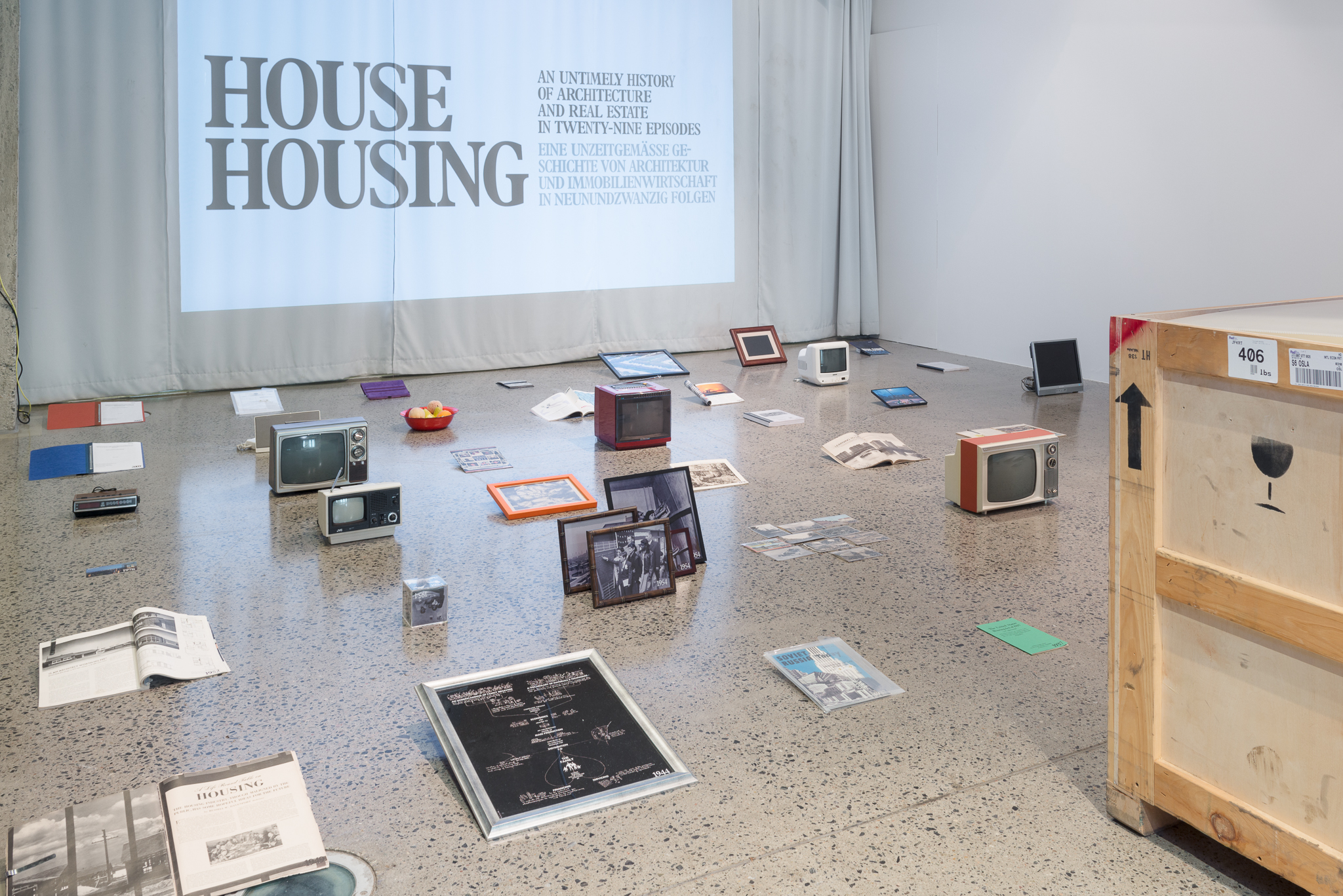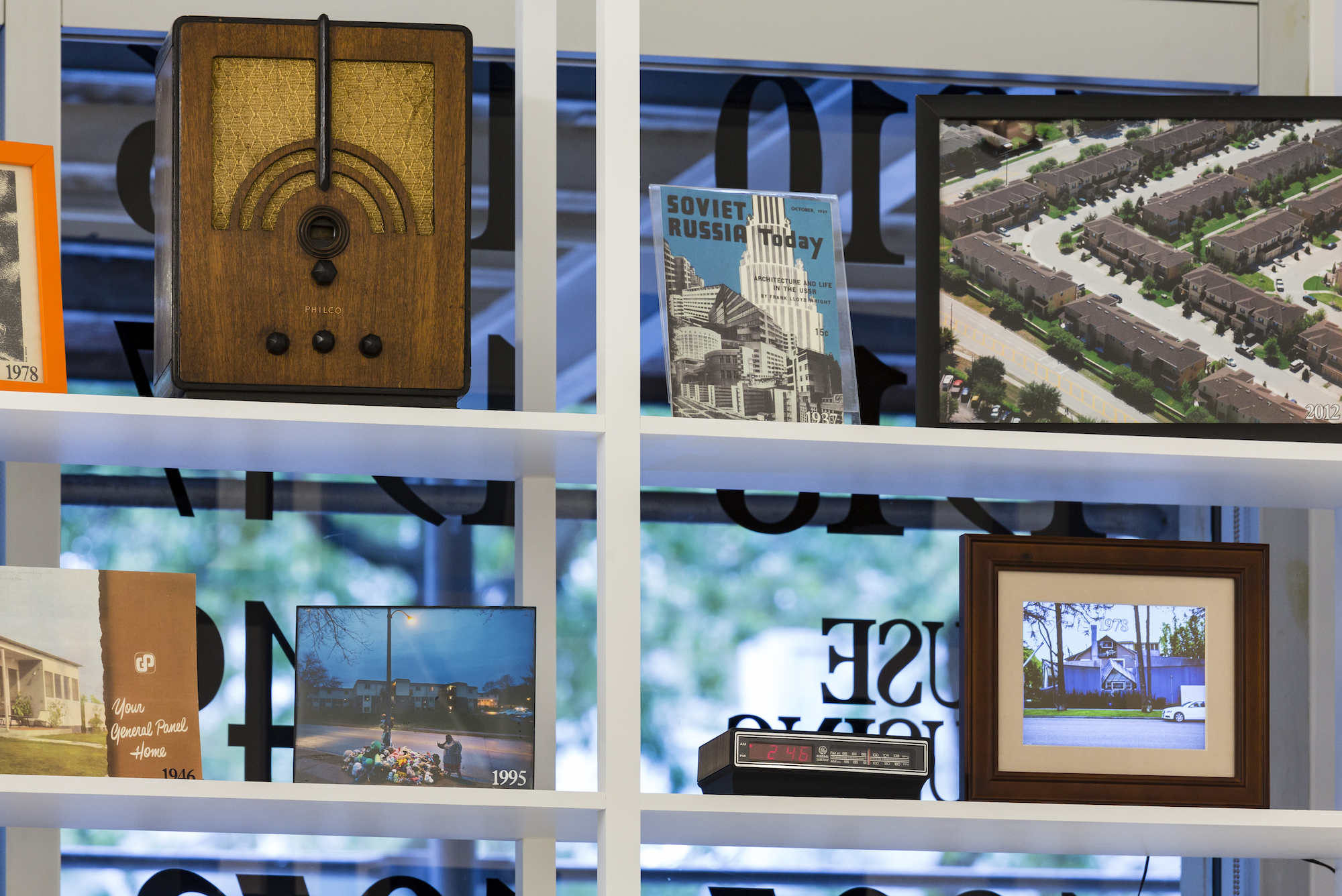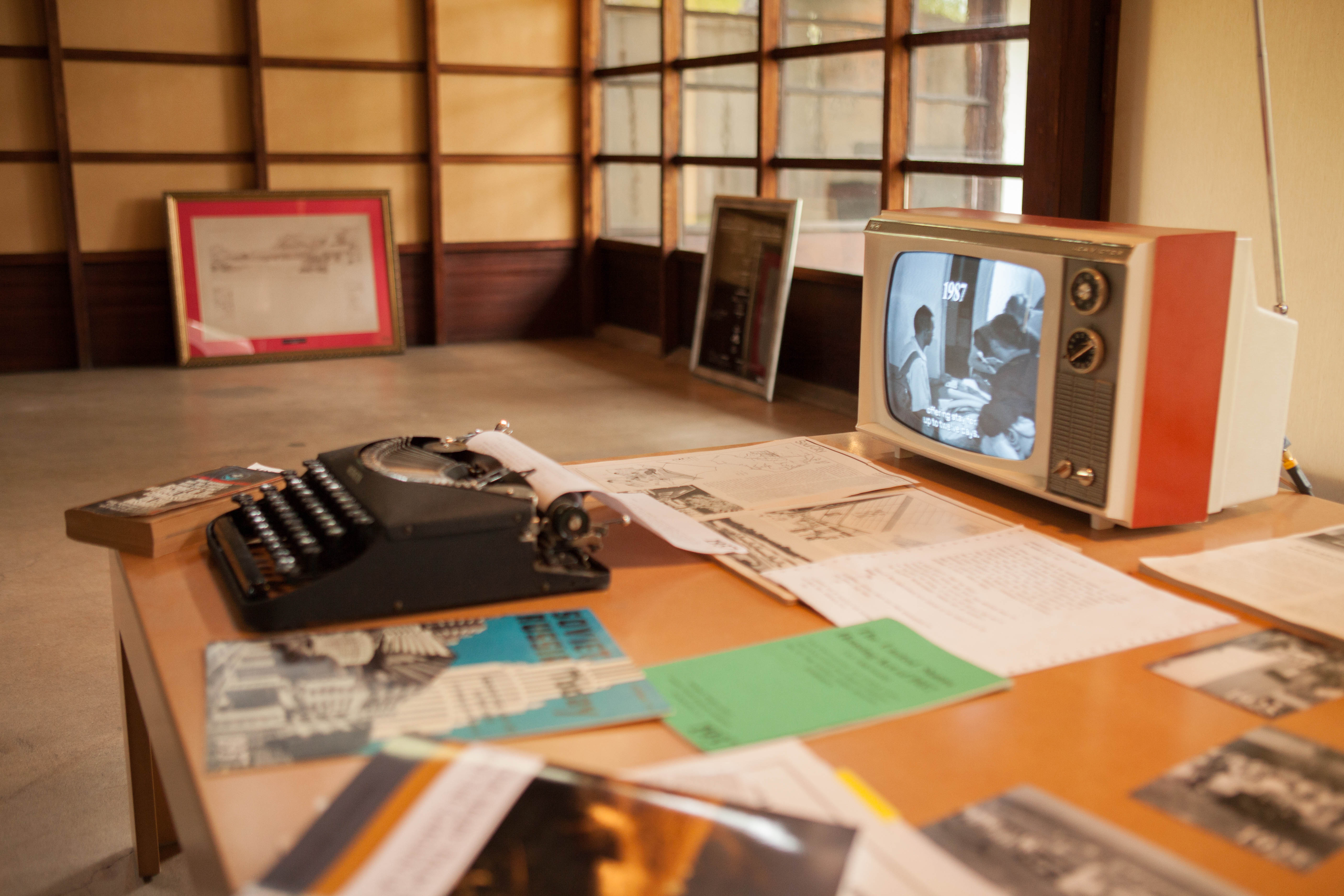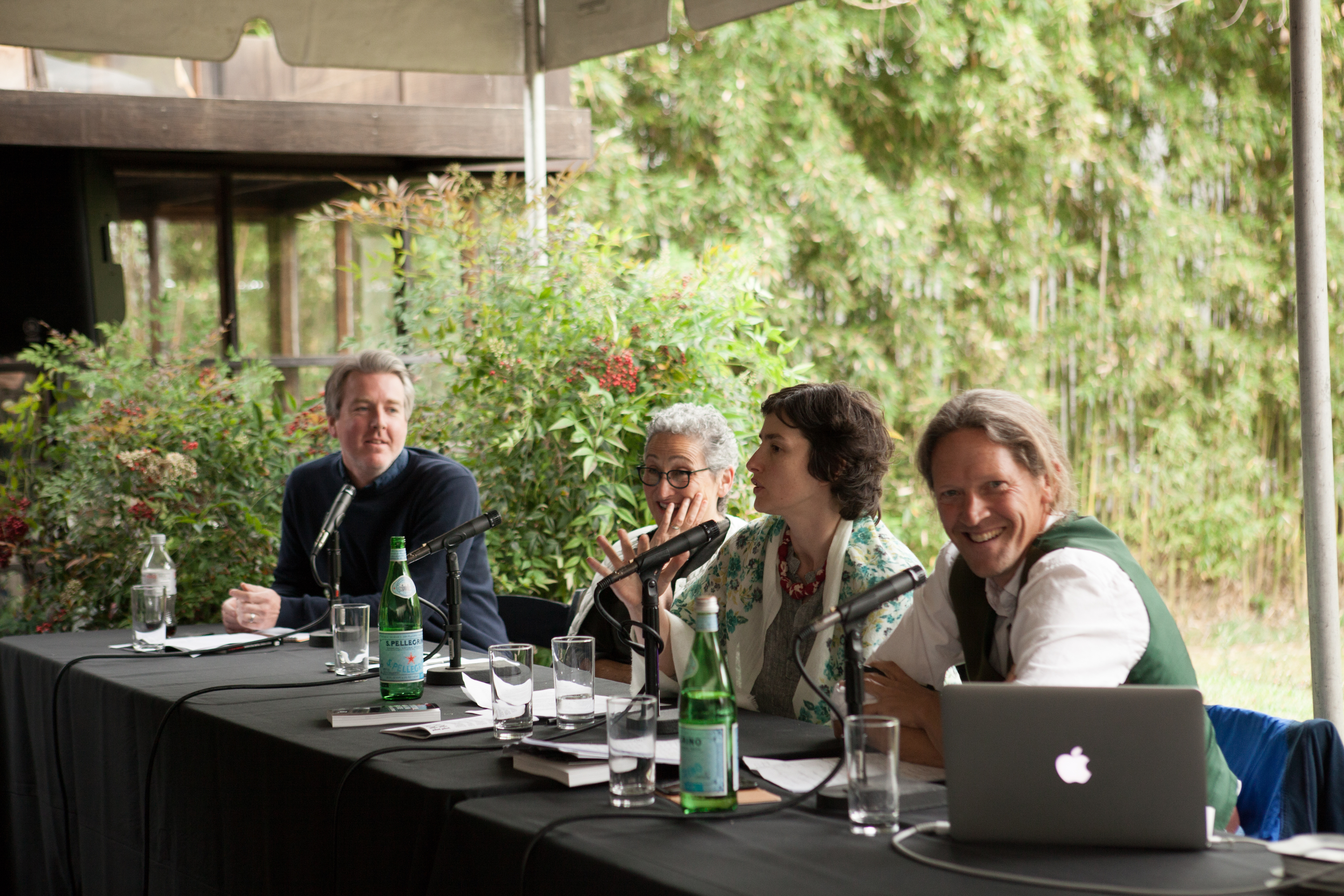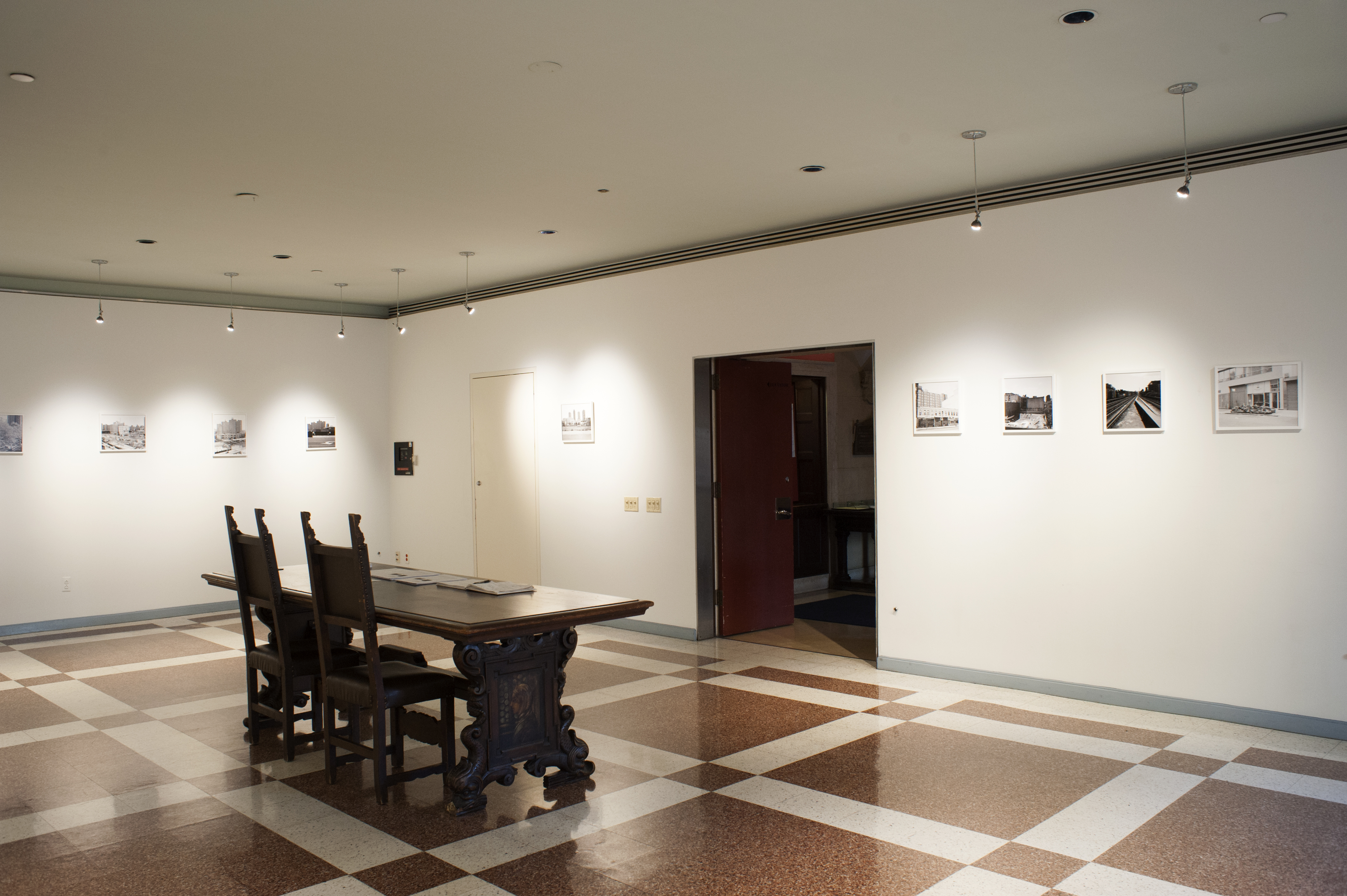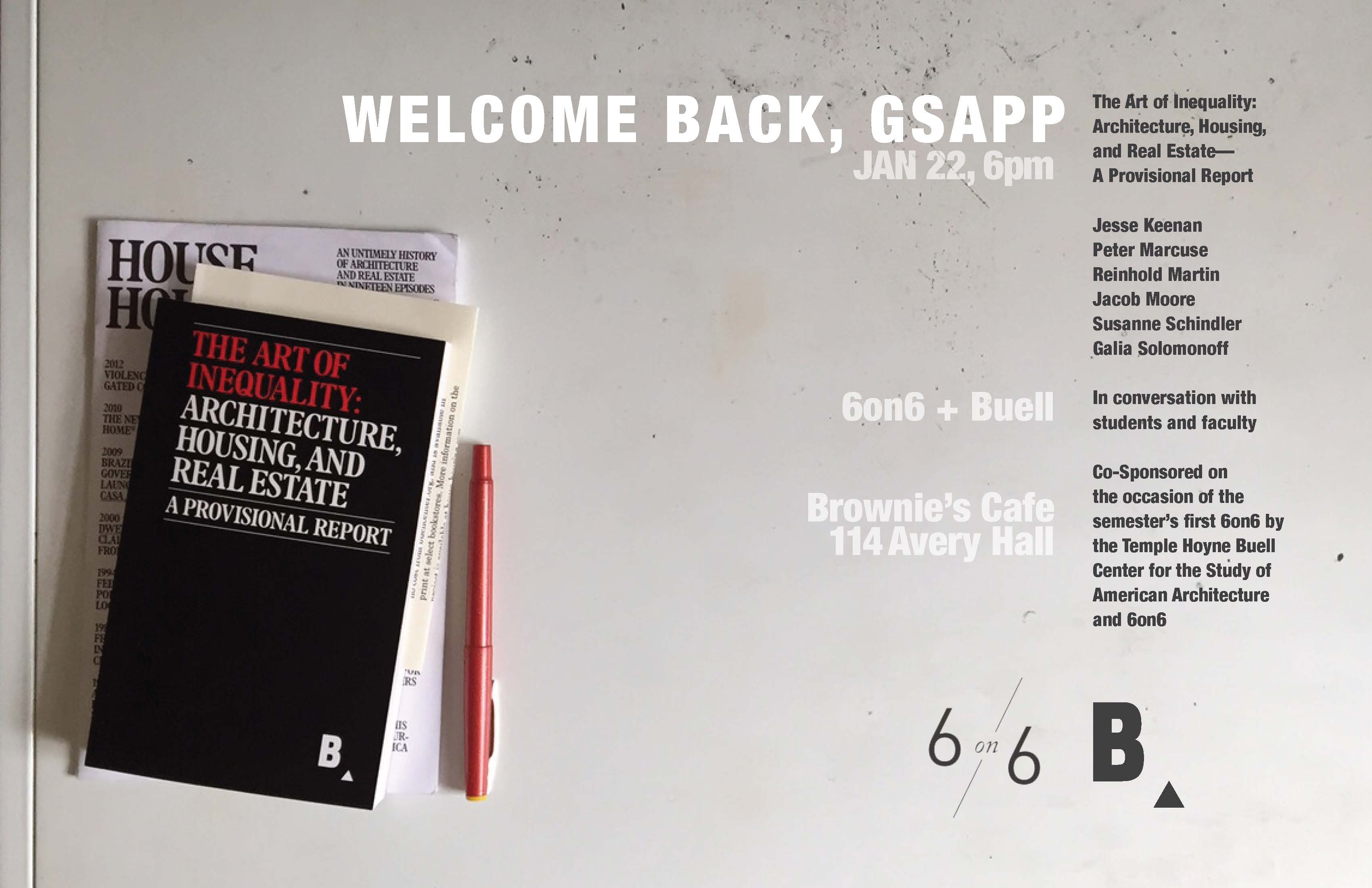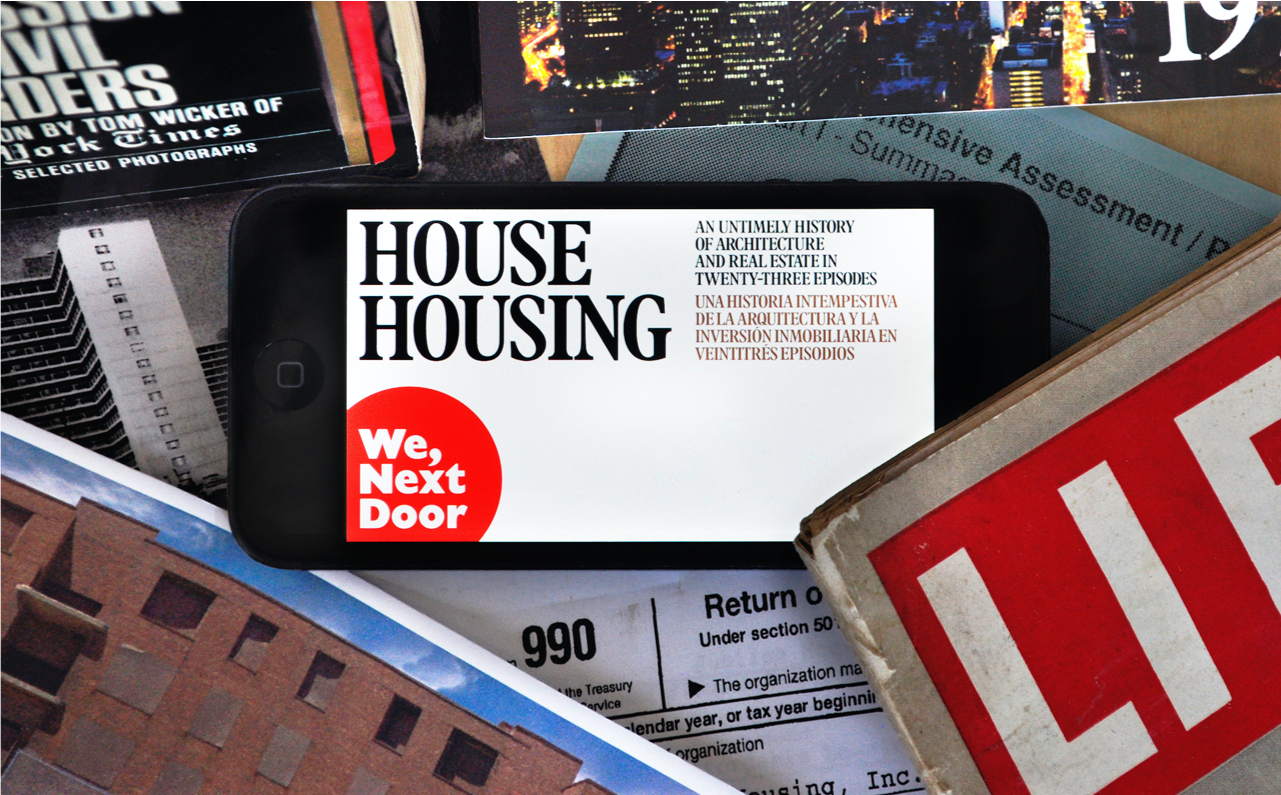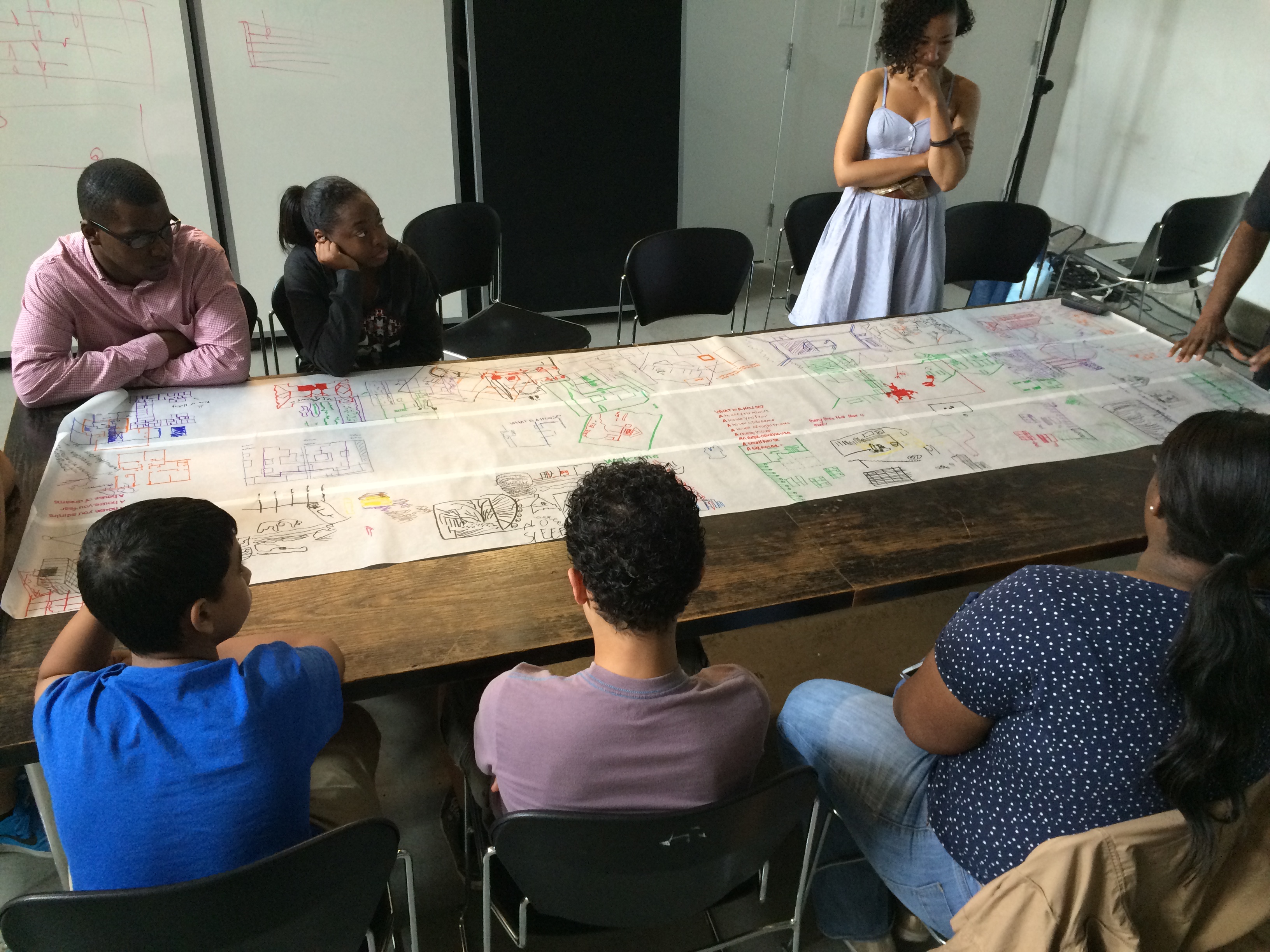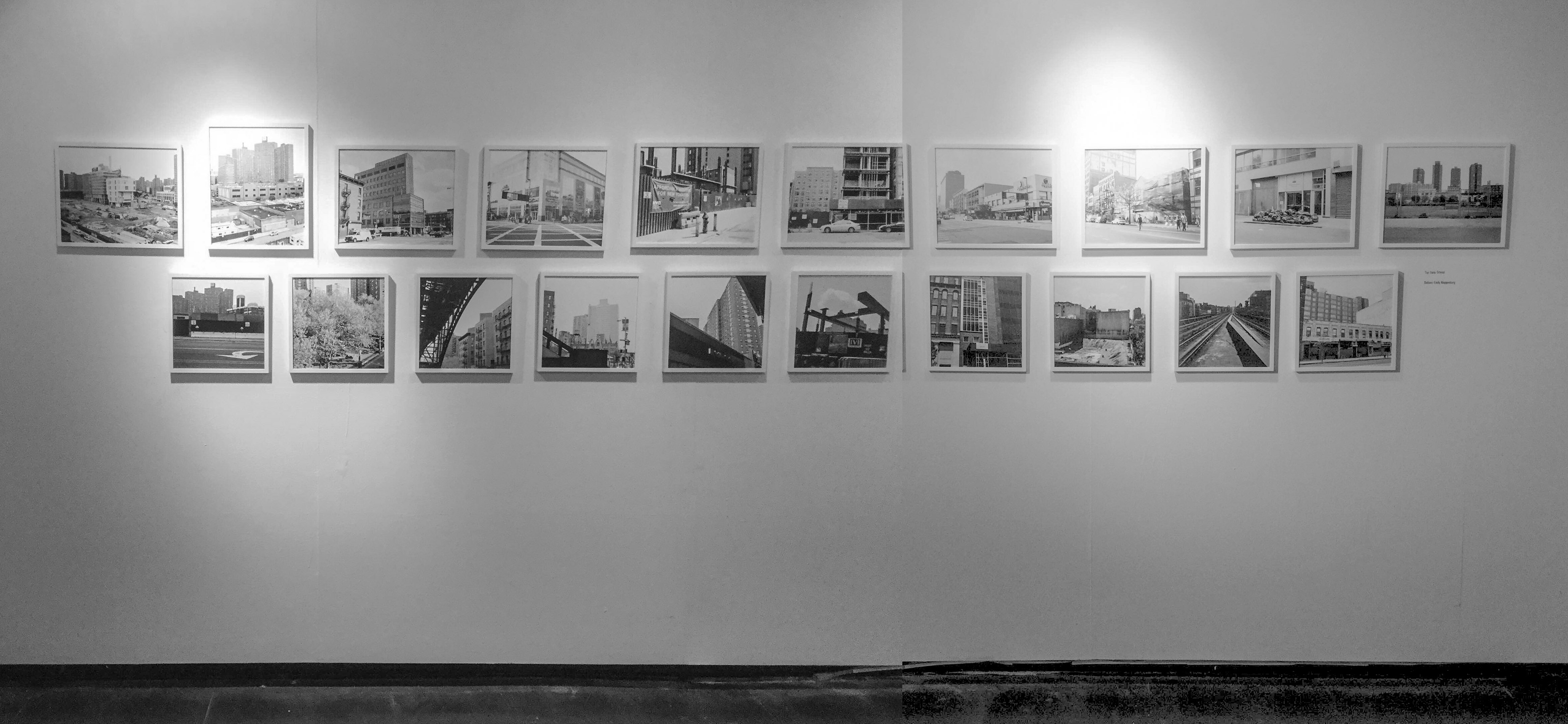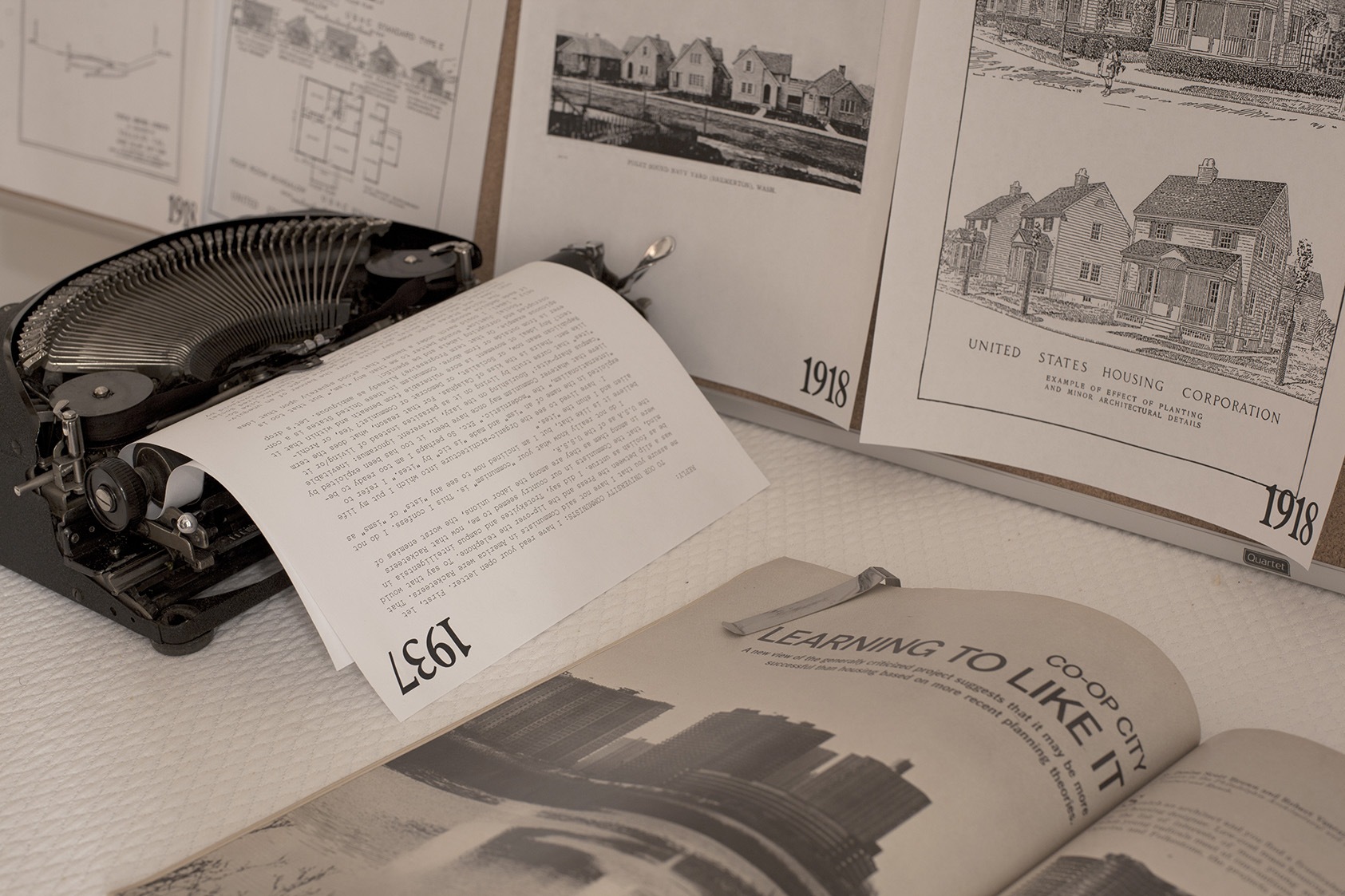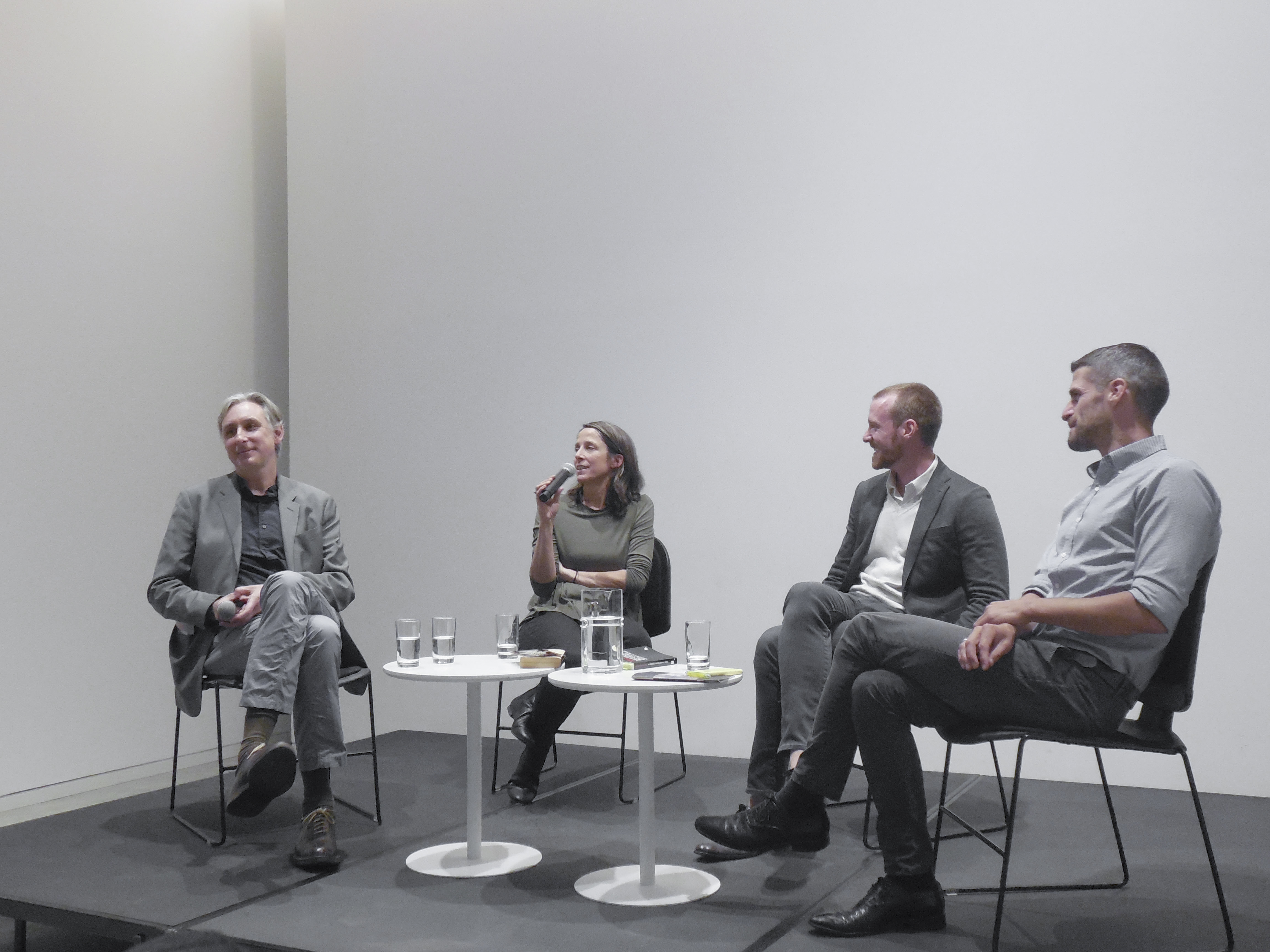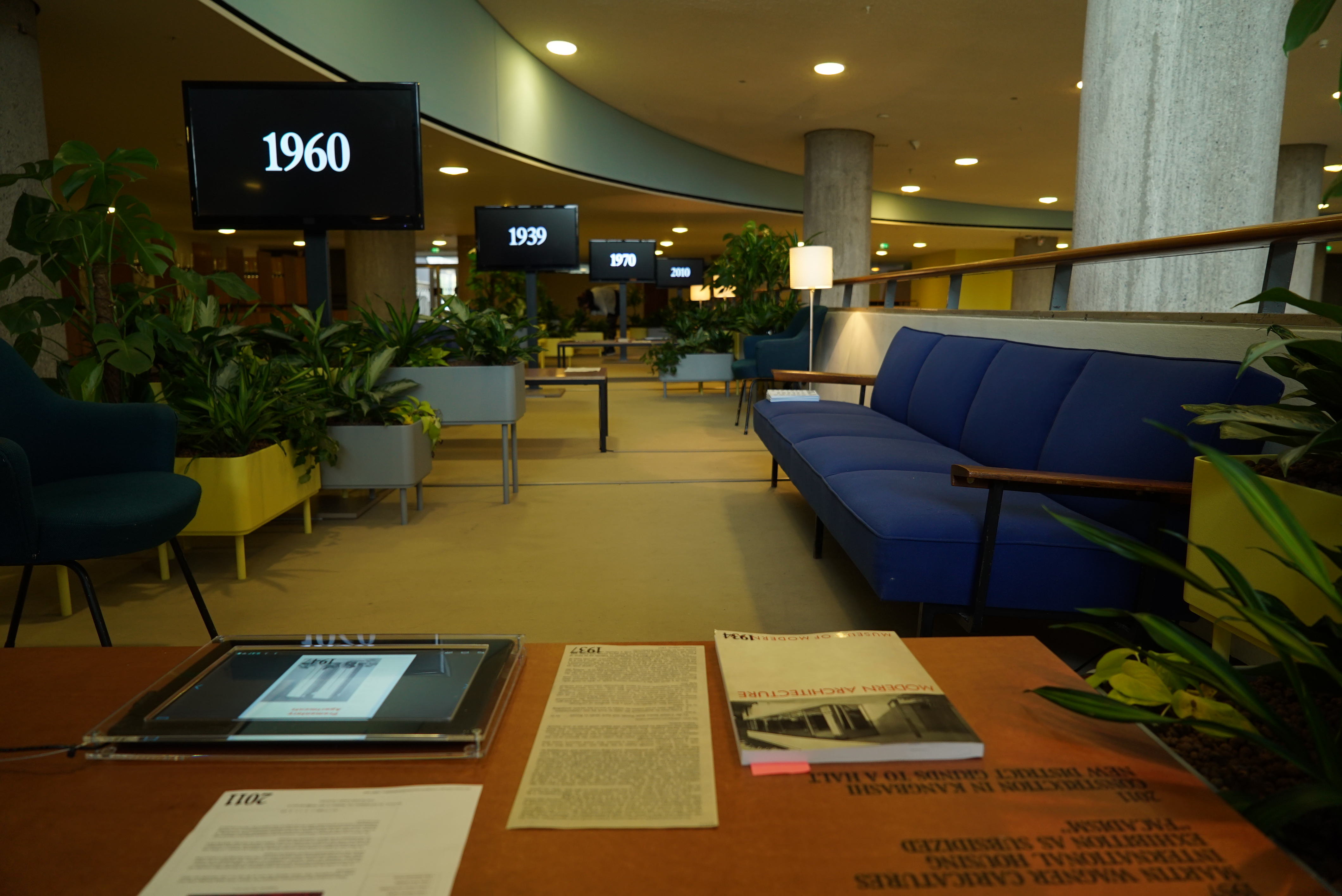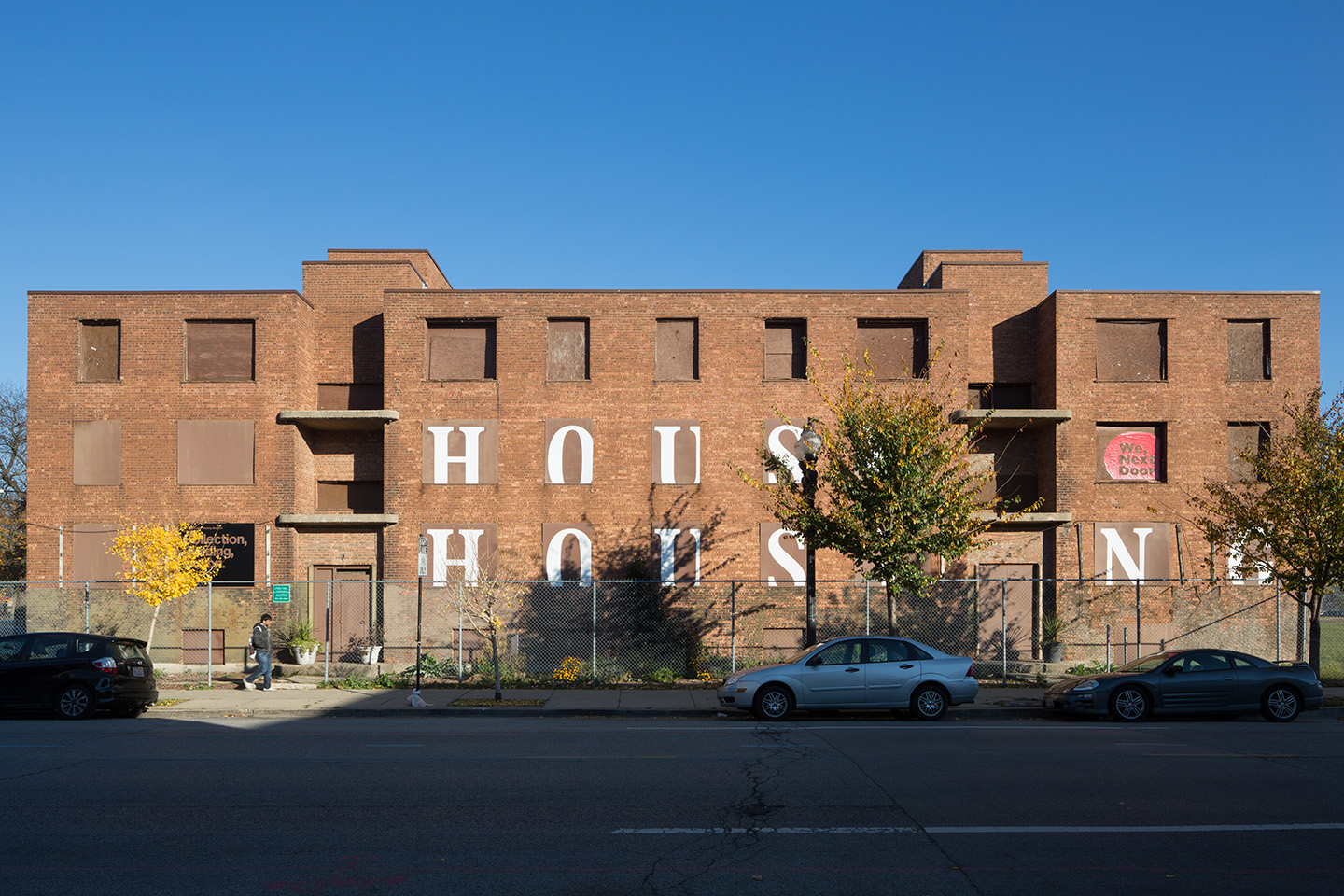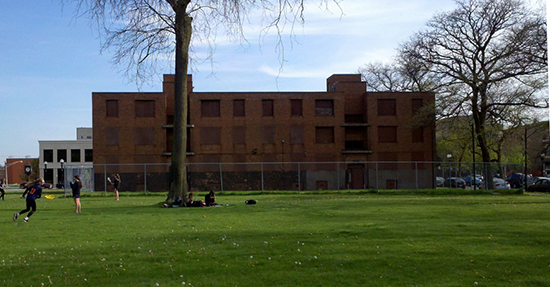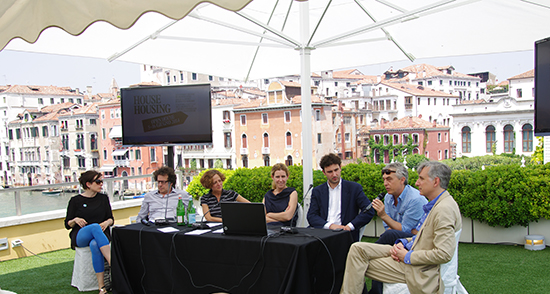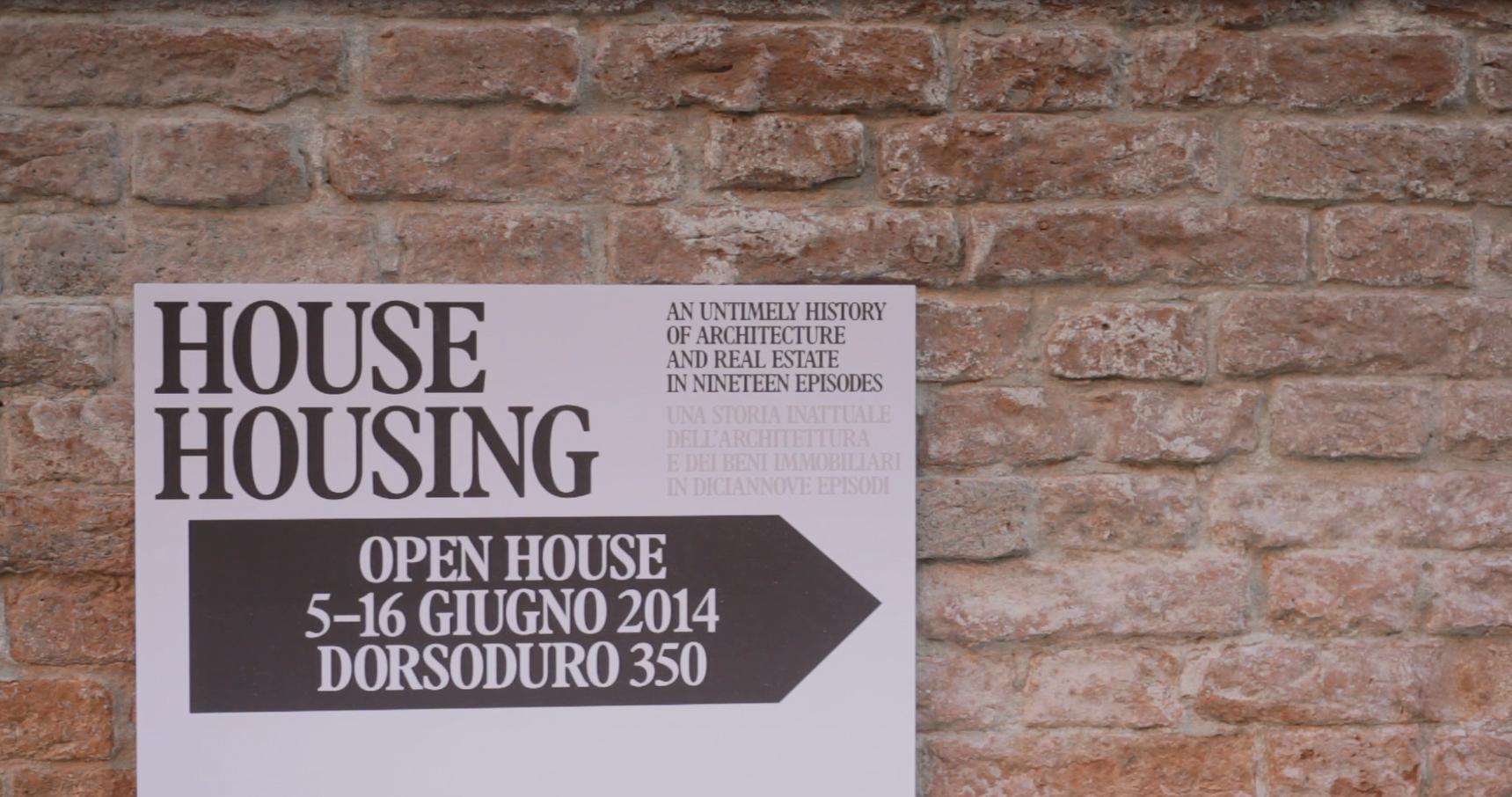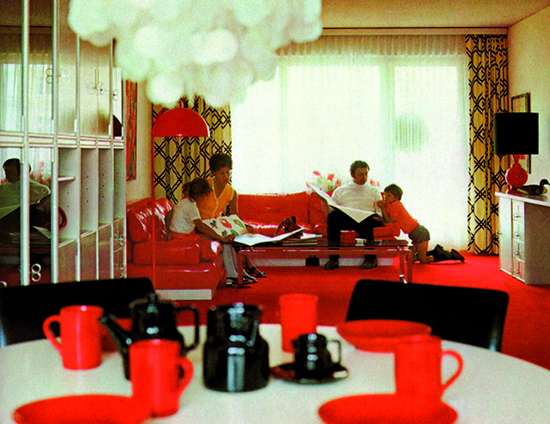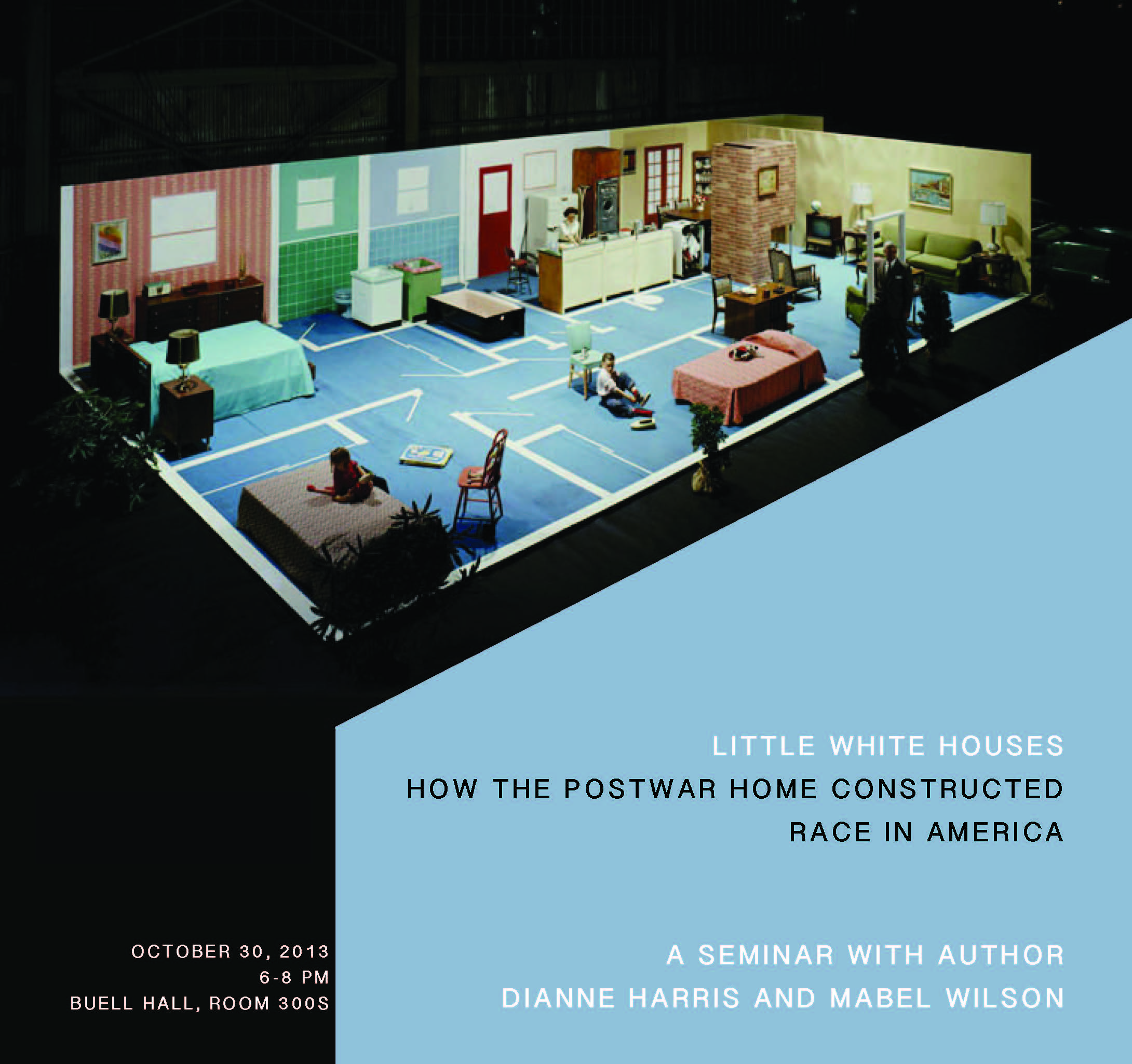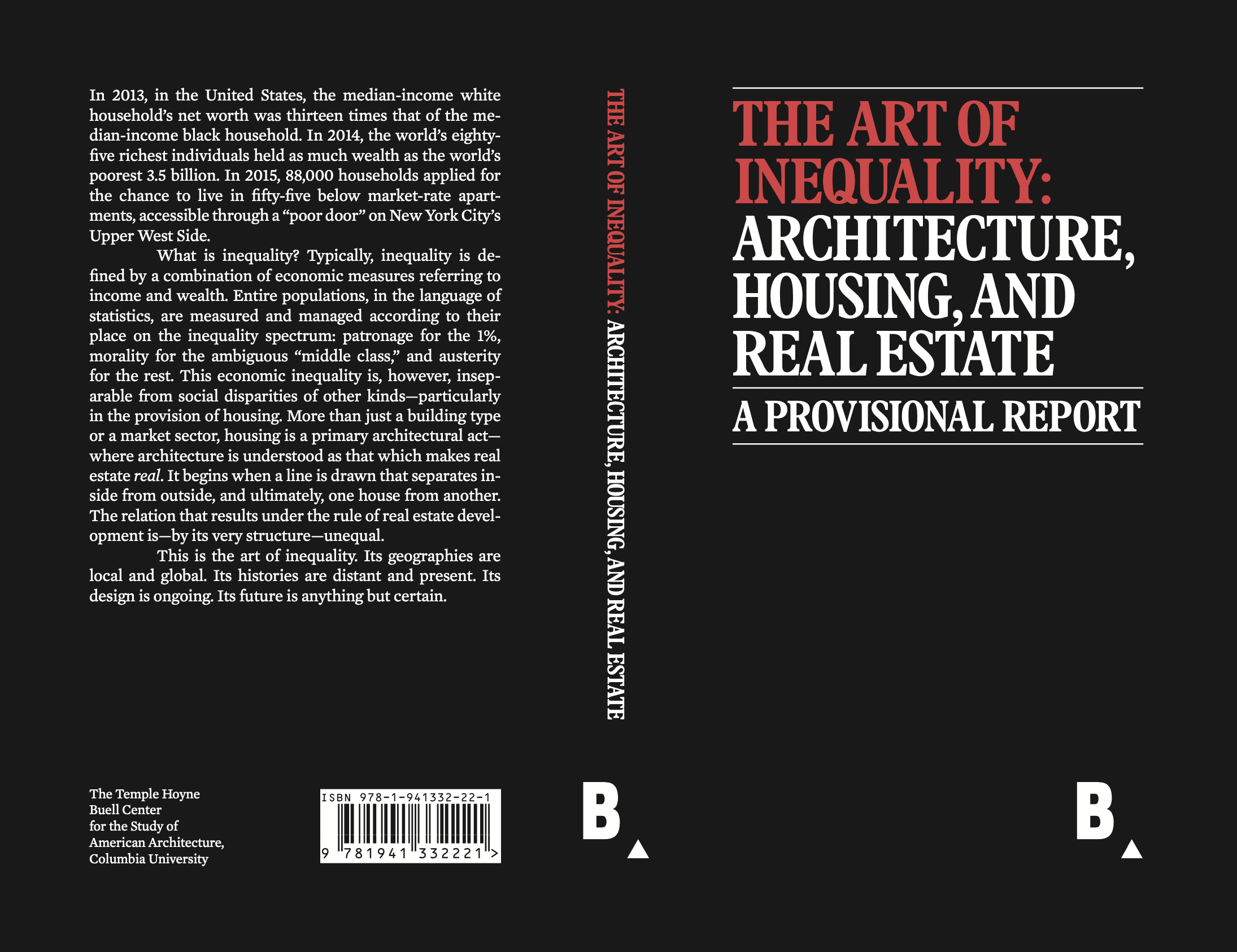
househousing.buellcenter.columbia.edu
House Housing: An Untimely History of Architecture and Real Estate was a multi-year research project conducted from 2013 to 2016 that sought to encourage a public, historically informed conversation about the intersection of architecture and real estate development. The untimeliness of this history, as indicated by the project’s title, was twofold. First, it returned us to financial matters widely discussed in the immediate aftermath of the 2008 foreclosure crisis but now largely abandoned by mainstream discourse. Second, it disclosed surprising repetitions of themes, tendencies, and actions—reminding us that the economic infrastructures on which architecture rests are the outcome of such repetitions, rather than an a priori, natural ground. These infrastructures locate housing at the center of the current economic regime, with the United States as an influential node in a transnational network.
House Housing consisted of a growing body of research that drew on multiple types of media; appeared in numerous locations in the form of exhibitions, panel discussions, and publications, among others; and related to different institutional frames. The project’s objects of inquiry ranged from architect-designed houses to prefabricated apartment blocks to suburban gated communities. All of these architectures were analyzed in light of their position at the intersection of design, policy, and finance. New narratives emerged out of surprising juxtapositions.
The project’s website built upon an exhibition presented by the Buell Center in June 2014 at Columbia University’s Casa Muraro in Venice, Italy. Focusing on evidence, analysis, and clearly articulated sourcing, the site reflects the Center’s dialogic approach to research while creating opportunities for interested parties to join in. In this way, House Housing aimed not only to craft what we see as a much needed and heretofore unwritten history of architecture and real estate, but also to support the Center’s mission by generating public scholarship in an open conversation with our various constituencies.

